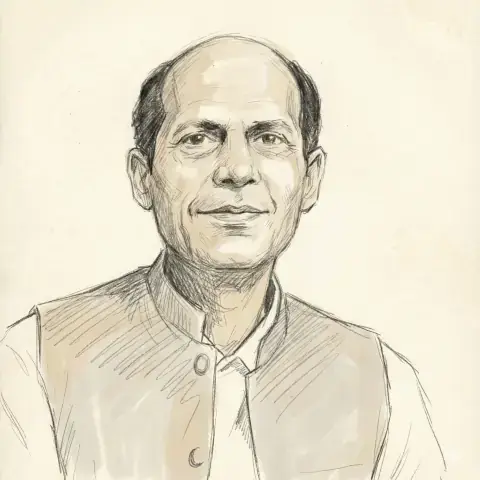ISLAMABAD: Pakistan Tehreek-i-Insaf (PTI) Chairman and former prime minister Imran Khan on Wednesday submitted a reply to the Election Commission of Pakistan (ECP) in the Toshakhana case against him wherein he admitted to having sold at least four presents he had received during his tenure as the prime minister of Pakistan.
The former premier maintained that the sale of the gifts that he had procured from the state treasury after paying Rs21.56 million fetched about Rs58 million. One of the gifts included a graff wristwatch, a pair of cuff links, an expensive pen and a ring while the other three gifts included four Rolex watches.
From July 2018 to June 2019, Imran Khan received a total of 31 gifts and paid for only four as under the rules any gift below the assessed value of Rs 30,000 can be retained without any payment.
Editorial: Toshakhana saga
From July 2019 to June 2020, he received nine gifts and paid an amount of Rs 1.71 million for three of them. He claimed to have gifted these presents to some undisclosed individuals. One of the gifts included a box containing a gold and diamond locket, a pair of ear tops (gold and diamond) and a diamond ring. He deposited Rs 0.544 million to purchase this jewellery.
PTI chief’s lawyer terms Toshakhana reference ‘politically motivated’
From July 2020 to June 2021, he received 12 gifts and paid an amount of Rs12.90 million for five of these. From July 2021 to June 2022, he received six gifts and paid Rs3.10 million for two of the presents.
Mr Khan further said that as many as 329 gifts were received by different functionaries during his tenure; out of which 58 gifts, including vases, art pieces, lockets, and decorative items, were presented to him and his spouse Bushra Bibi between August 01, 2018, and December 31, 2021. Out of all these gifts, there were only 14 items worth more than Rs 30,000, which he bought by paying money as per the regular procedure.
‘Quash the reference’
Barrister Ali Zafar, who is representing the PTI chief, urged the five-member ECP bench to quash the reference against the former premier as he termed it a “misleading” case based on “mala fide intentions and political motives”. The reference was the misuse of power and the Constitution, the response added.
During the hearing, Mr Zafar said that as per the NA speaker, the disqualification case was to be made under Article 63(2), while in the reference sent to the ECP, Imran Khan’s disqualification had been sought under Article 62(1)(f). He emphasised that the ECP could not hear the case under Article 62(1)(f) in proceedings of Article 63, adding that Article 62(1)(f) could only be applied by a court, not by the commission. To this, the ECP bench said that if the lawyer wanted to challenge the jurisdiction of the election watchdog, then he may file a separate application.
In Aug this year, National Assembly Speaker Raja Pervaiz Ashraf sent the reference to the ECP, seeking Imran Khan’s disqualification in the light of the Toshakhana case. The reference contended that Imran Khan did not disclose the details of gifts taken from Toshakhana and the amount received from the sale of these gifts.
Editorial: No need for secrecy
However, the reply responded to these allegations and said that no member of the National Assembly declared mobiles, watches, shoes, and other such items as assets till date to the commission. The reply added that the four gifts were sold during the 2018-19 financial year and the respondent did not have those gifts by June 30, 2019. “Therefore, those were not mentioned by name in the statement of assets filed on Dec 31, 2019. However, the sale amount was received in [a] Bank Alfalah account and that amount was duly mentioned,” the response added. Moreover, the total cost of gifts standing at Rs21,226,000 was paid by the respondent and declared in the tax return for the year 2019, it added.
According to the response, the reference was not competent in the first place as no reference under Article 63(2) of the Constitution could be referred to the commission unless one or more of the “sixteen questions” are involved. Those “questions” are contained in Article 63(1)(a) to Article 63(1)(p), it added.
“Since none of those questions are involved and not even barely referred to in the titled reference; therefore, the reference is utterly baseless and misconceived,” the reply stated, asking the ECP to dismiss the case.
Published in Dawn, September 8th, 2022
































